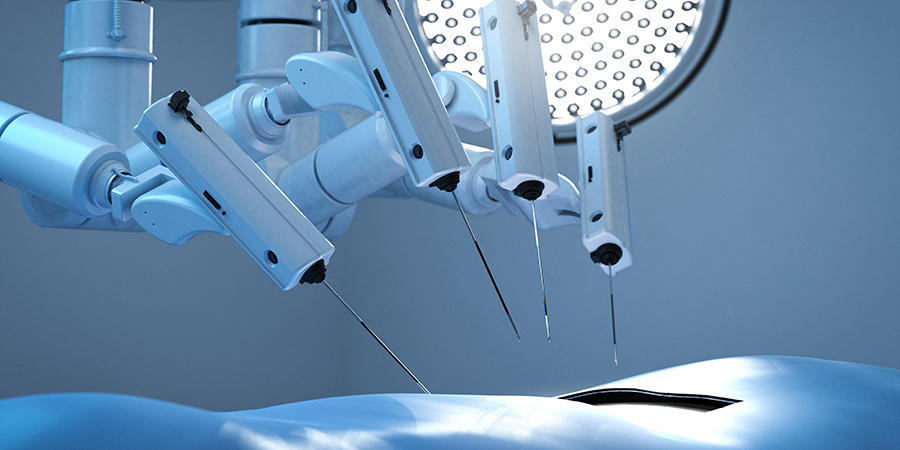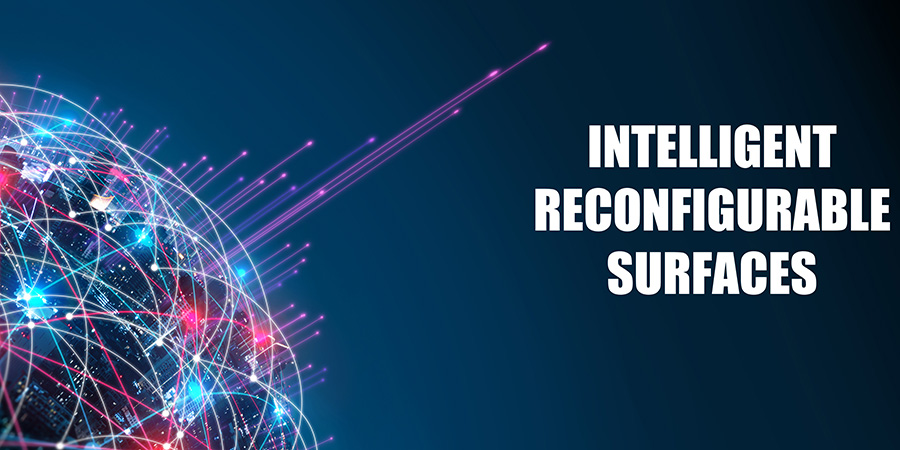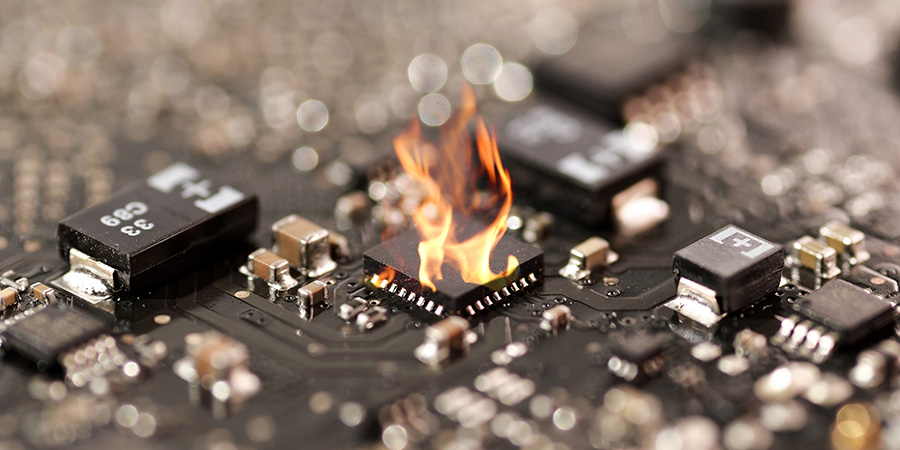The Hong Kong University of Science and Technology (HKUST) has unveiled what may be the world’s smallest multifunctional surgical robot, measuring just 0.95 millimeters—60% smaller than current endoscopic robots.
Technology Pick
Intelligent Reconfigurable Surfaces: A Next-Gen Element for Ultrafast 6G Connectivity
ExpiredAs demand for improved indoor wireless signals increases alongside advancements in mobile connectivity, communication devices equipped with smart materials such as intelligent reconfigurable surfaces (IRS) could provide better mobile coverage in buildings with poor reception, whilst also supporting new 6G applications.
Unlocking 24/7 Autonomous Delivery for Seamless Urban Logistics
ExpiredThe autonomous last-mile delivery market is experiencing significant growth, driven by advancements in technology and the surge in e-commerce. The market is projected to reach USD 4.2 billion by 2030.
Your Next PC Will Be AI-Ready. Here’s Why
ExpiredBy 2025, AI-enabled PCs are poised to transition from being a mere luxury to a necessity, accounting for an estimated 60% of total PC shipments, according to ABI Research.
Wrist-Worn Device Market Thrives in China
ExpiredChina has solidified its position as the largest global market for wrist-worn devices, having recorded 45.8 million shipped units in 2024, demonstrating a remarkable 20.1% year-over-year (YoY) growth, according to IDC.
The First Phase of Unified Charging Ports Begins in Saudi Arabia
ExpiredA new initiative, spearheaded by the Communications, Space and Technology Commission (CST) and the Saudi Standards, Metrology and Quality Organization (SASO), has mandated the use of USB Type-C as the standard charging port across various devices, effective from January 1, 2025.
Water Facilities Urged to Secure Internet-Exposed HMIs
ExpiredThe water and wastewater systems sector is facing growing cyber threats and attacks due to internet-exposed human-machine interfaces (HMIs).
Advancing AI Voice Technology for Emotional Connection
ExpiredA former OpenAI researcher has secured USD 40 million in funding to launch a startup (WaveForms AI) that aims to develop AI models that can create emotionally engaging connections with humans by utilizing vocal capabilities.
AI’s Next Breakthrough: Recognizing Human Emotions
ExpiredThe emergence of emotion artificial intelligence (AI) signifies the next technological breakthrough, with market projections indicating a remarkable growth trajectory from USD 2.74 billion in 2024 to USD 9.01 billion by 2030, demonstrating a compound annual growth rate (CAGR) of 21.9%, according to a MarketsandMarkets™ report.
Turning Down the Heat: New Discovery Fuels the Future of Electronics
ExpiredResearchers at the University of Virginia (UVA) have achieved a breakthrough in understanding heat flow in thin metal films, paving the way for more efficient and sustainable computer chips.














